Nick TriggleHealth correspondent

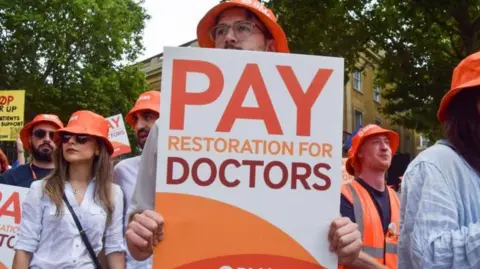 Getty Images
Getty Images
The doctors' union, the British Medical Association (BMA), is acting "like a cartel" and threatening the future of the NHS, the health secretary says.
Wes Streeting attacked the doctors' union ahead of the 13th strike by resident doctors in their long-running dispute in England, which is due to begin on Friday.
Speaking at the NHS Providers conference in Manchester, Streeting said the BMA was holding the public and the government to ransom with their actions.
He also criticised its objection to higher taxes for the wealthy as a way to invest more in public services.
But the BMA said it was just trying to stand up for doctors and urged the health secretary to get back to talks.
In his speech, the health secretary said the BMA union was lobbying against higher taxes to try to protect pensions and consultants, the most senior doctors in the NHS, who earned an average of £127,500 last year.
The five-day walkout of resident doctors - who used to be called junior doctors - begins at 07:00GMT on Friday. It comes after talks between the government and the BMA broke down last week.
The government offered the union a deal to cover the cost of exam fees and expanding training places more quickly than planned, but it was rejected by the BMA which said pay needed to be addressed.
Streeting has maintained he would not negotiate on pay after resident doctors had received pay rises totalling nearly 30% in the past three years.
But the BMA has argued that, despite the pay rises, resident doctors' pay is still a fifth lower than it was in 2008, once inflation is taken into account.
'Untold misery to patients'
Streeting was applauded by the audience of NHS managers after making what is arguably his strongest attack on the BMA to date.
He said: "I just urge them to think about a few things.
"The first is, I'm responsible for 1.5 million people in the NHS, not just resident doctors, many of whom have not had a pay rise anything like what resident doctors have had, and many of whom, at the height of their career earnings, will never earn as much as the lowest paid doctor.
"The second thing I'd say is that this strike action causes untold misery and disruption to patients who could do without it," the health secretary said.
"Thirdly, it is always true, and especially during winter, it puts untold pressure on other NHS staff who are picking up the pieces for the damage and disruption that resident doctors and the BMA are inflicting on the service.
"I think the leadership of the BMA need to really consider whether, at this time, with green shoots of recovery, they want to set the system back, because there isn't a more pro-doctor, pro-NHS, health secretary or government waiting in the wings."
'Doctors struggle to find work'
The health secretary then went on to criticise the union for opposing higher taxes on the wealthy, which he said was an option for improving public finances and investing in the NHS.
"Let me tell you, when we ask some of the wealthier to pay more, some of the most effective lobbyists against paying higher tax are the BMA consultants committee and the BMA pensions committee.
"So what they effectively do is say, 'we want other people to pay the higher salaries for doctors'.
"It's time for the BMA to get real. We're not going to be held to ransom. We are going to plow on regardless," Streeting said.
"And I think it's become increasingly clear that the BMA is no longer a professional voice for doctors.
"They are increasingly behaving in cartel-like behaviour, and they threaten not just the recovery of the NHS under this government.
"They threaten the future of the NHS full stop. And I think that is a morally reprehensible position to be in."
A spokesman for the BMA said it was "advocating effectively for doctors to find a solution which gets doctors into jobs, so that they can see patients and reverse lost pay so that it keeps them in the workforce now and in the future".
"The Secretary of State should recognise the importance of demonstrating that the government values the NHS workforce, not blaming them for taking action when their pay's value remains a fifth below where it was in 2008, and doctors struggle to find work even as patients wait many months to see a doctor.
The BMA added: "There will be a way to end this dispute, and like any professional association and trade union, we are first and foremost interested in getting back around the table with government to negotiate properly and reach a solution on both jobs and pay for the benefit of all."

 German (DE)
German (DE)  English (US)
English (US)  Spanish (ES)
Spanish (ES)  French (FR)
French (FR)  Hindi (IN)
Hindi (IN)  Italian (IT)
Italian (IT)  Russian (RU)
Russian (RU)  1 hour ago
1 hour ago

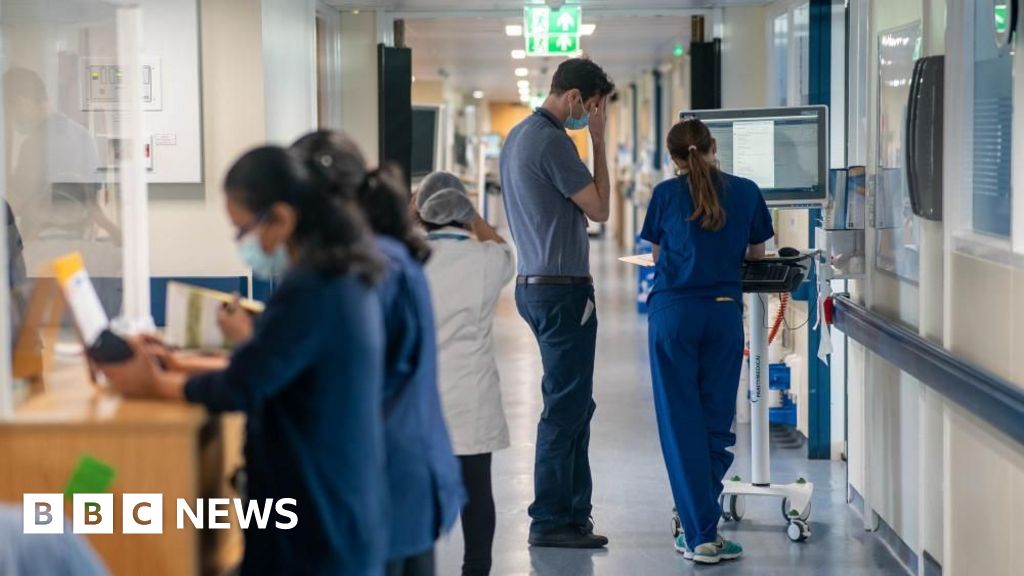

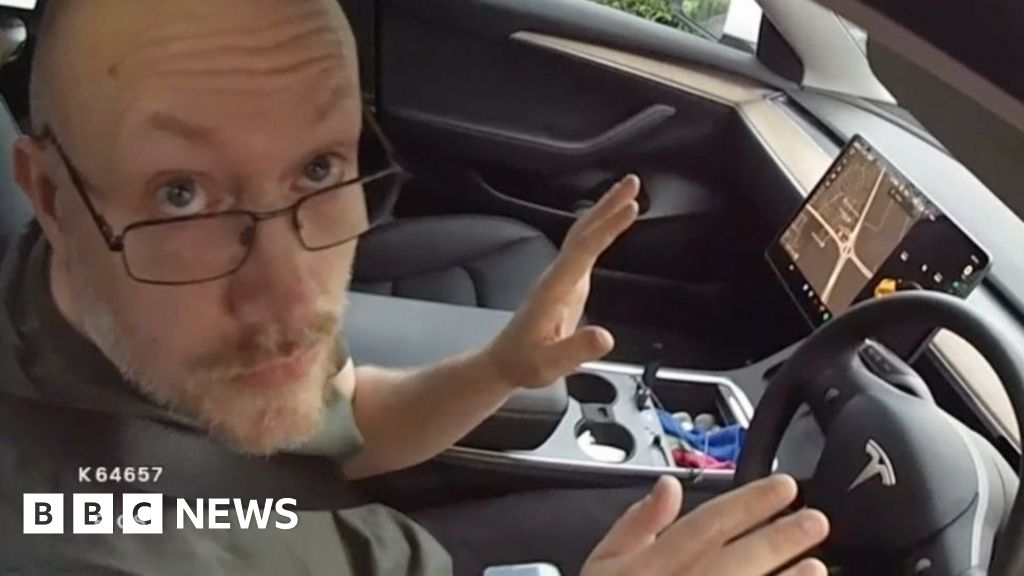
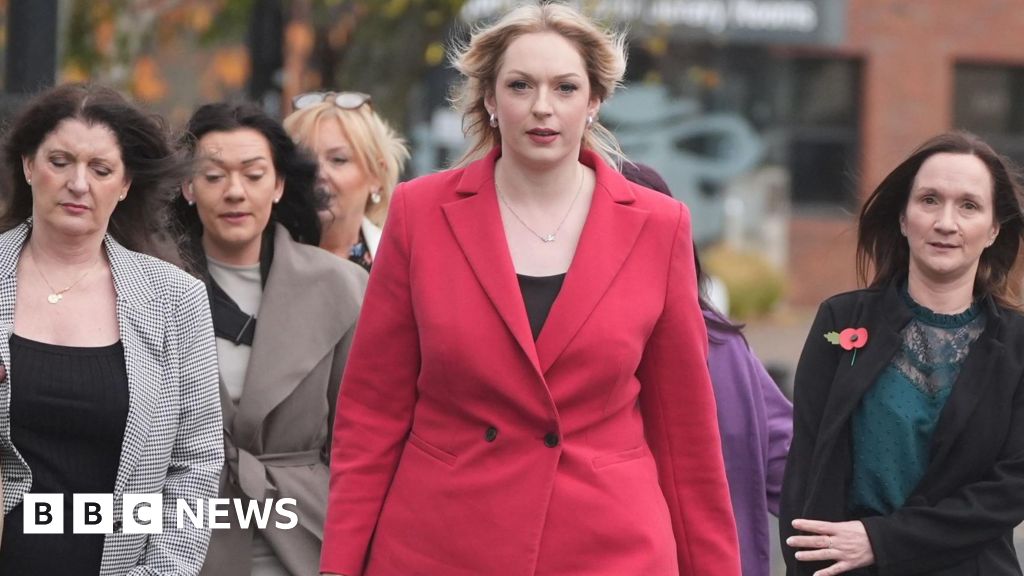



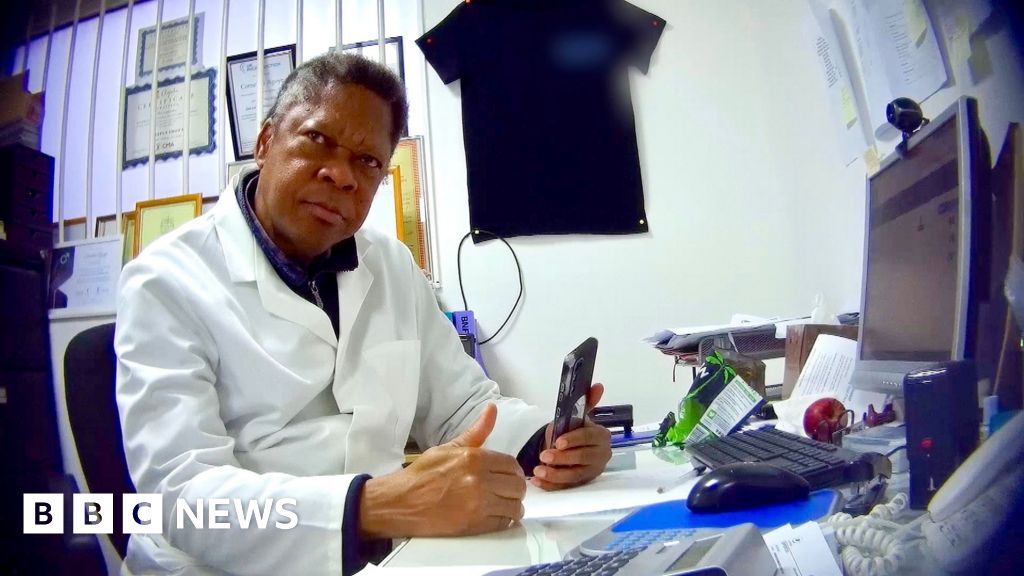

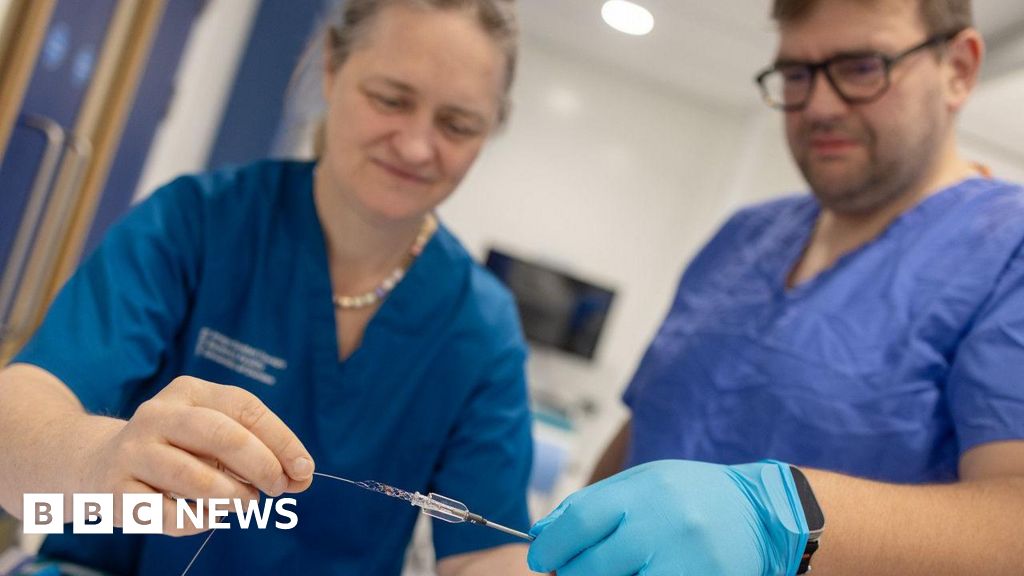



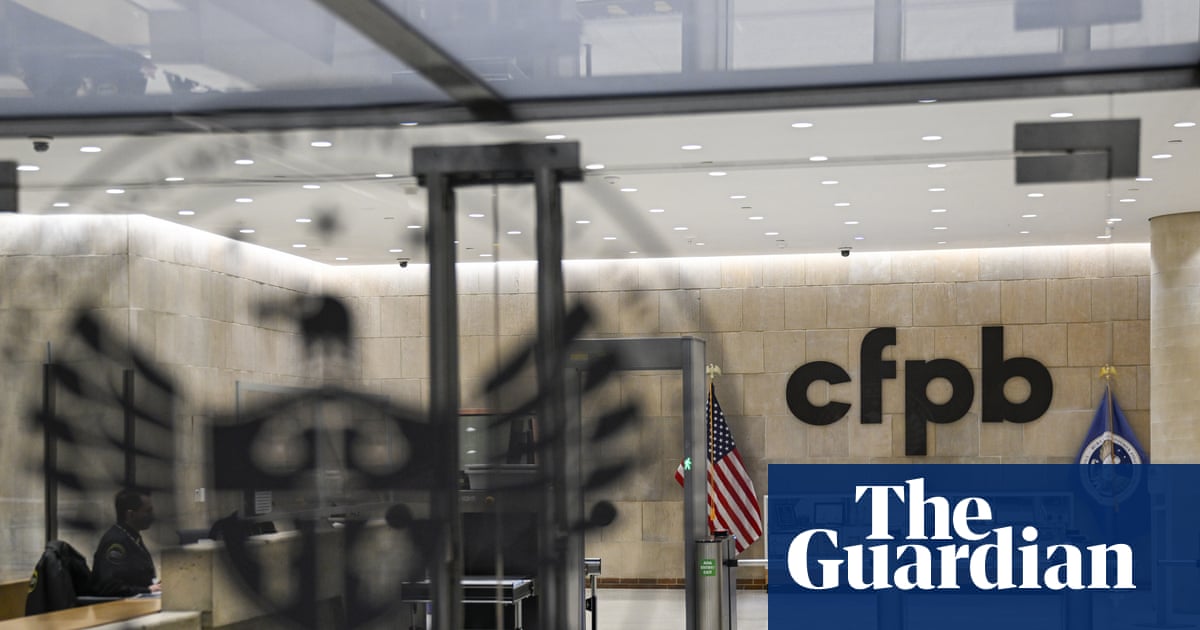




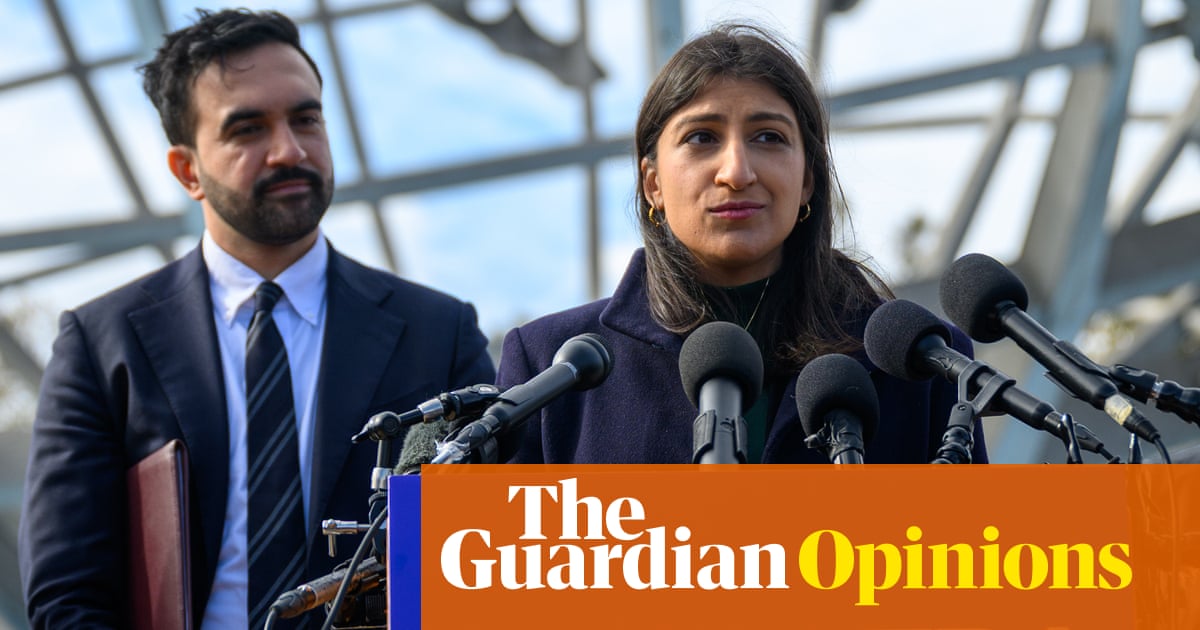

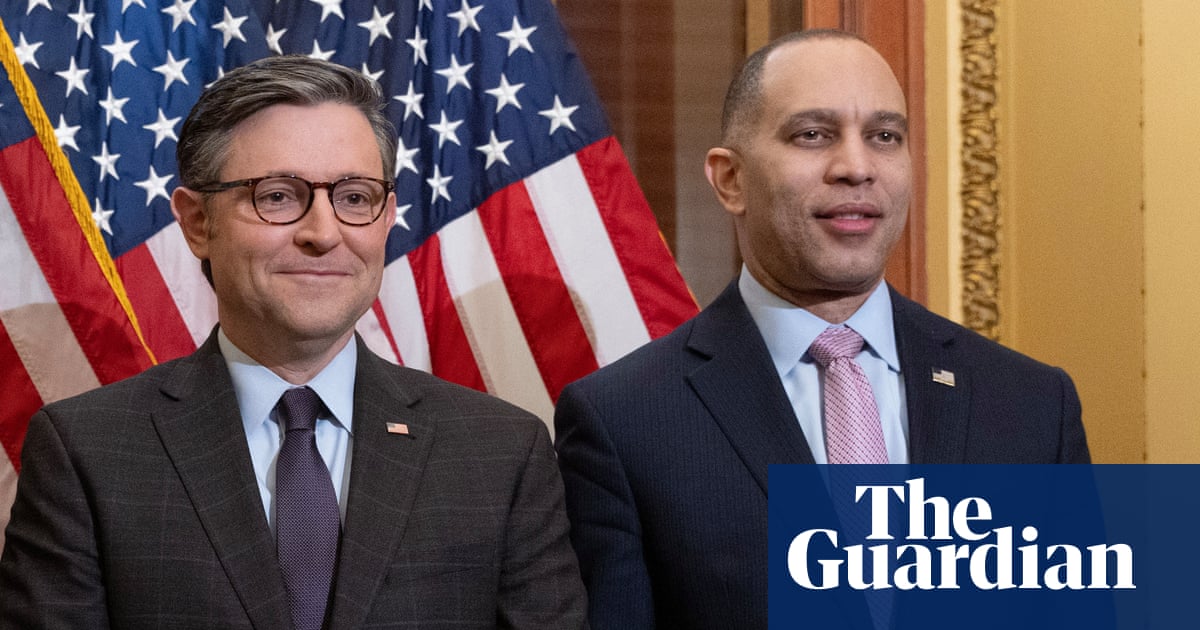

Comments